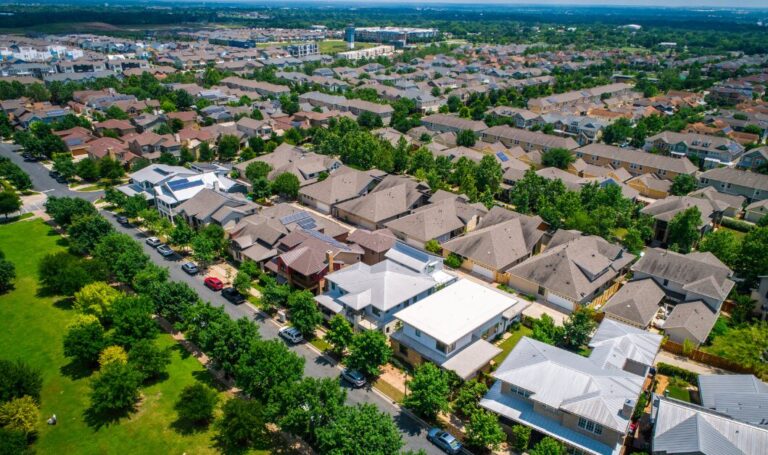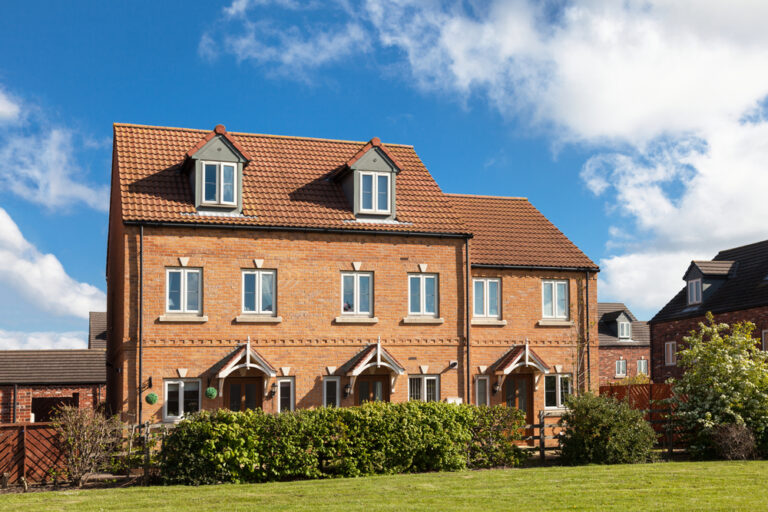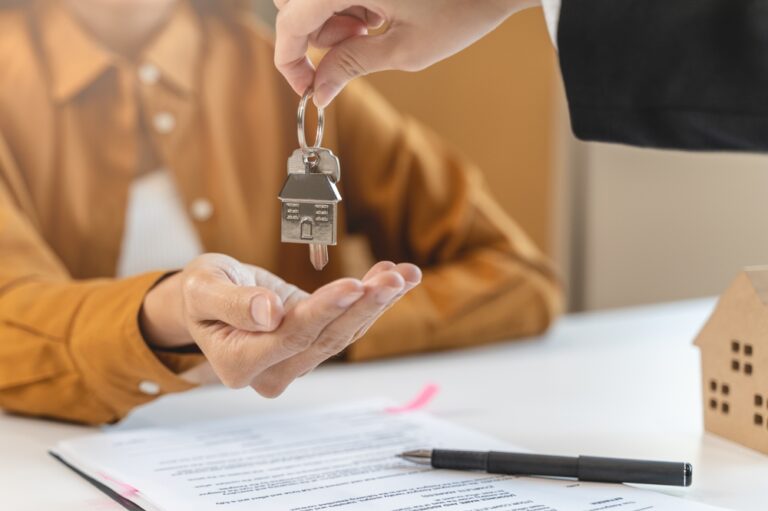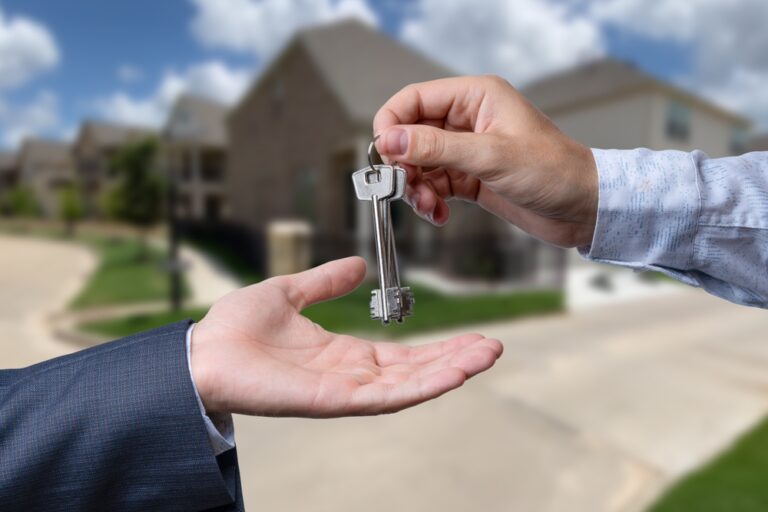The Shared Ownership programme has opened the door to home ownership for many people, with as many as 157,000 buyers taking advantage of the government scheme.
One of the most common questions around the scheme, however, is what happens when you sell a Shared Ownership property.
Here, we outline how the Shared Ownership scheme works and explain the steps you’ll need to take when you come to sell your property…
How Shared Ownership works
The Shared Ownership scheme is part of the government’s Help to Buy programme, which also includes equity loans.
When you buy a Shared Ownership property, you purchase a share in that home – usually between 25% and 75% – and pay a reduced rent on the share you don’t own.
Over time, if you wish, you can purchase more shares in your property, which is known as ‘staircasing’.
To find out more about how the Shared Ownership scheme works and who is eligible, take a look at our guide.
How to sell a Shared Ownership property
If you are able to staircase your way to 100% ownership of your Shared Ownership home, you’re able to sell it on the open market just as you would any other property.
However, if the share you own is less than 100% when you want to sell, the process is slightly different.
Here are the steps you’ll need to take if you wish to sell
1. Contact your housing provider
When you purchase a Shared Ownership property, you own it jointly with a housing association or provider and pay them reduced rent on the share they own.
So, if you wish to sell the share you own, the first step is to contact your housing provider and let them know.
2. Have your property valued
Once you’ve informed your housing provider of your intention to sell, you’ll need to arrange for the property to be valued by a RICS-approved surveyor.
This will help determine the market value of your property and enable your housing provider to work out the value of your share.
3. Instruct a solicitor
After your property has been valued, if you wish to proceed with your sale, you’ll need to instruct a solicitor or conveyancer to deal with the legal side of the transaction.
At this stage, your housing provider should provide you with a written contract of sale to complete with your solicitor’s details and sign.
4. Arrange an Energy Performance assessment
If you don’t have a valid Energy Performance Certificate (EPC) for your property, you’ll need to arrange for an assessment to be carried out.
An EPC is a legal requirement to sell any home and they are valid for 10 years, so if you purchased your Shared Ownership property within that period, you’ll probably already have a valid certificate but always check before putting your home on the market.
5. Putting your property on the market
If you own less than 100% of your property, your housing association is entitled to sell your share in the first instance.
This is known as a nomination period, and essentially gives your housing association an exclusive period of time, usually eight weeks, to find a buyer to purchase your share of your property.
If your housing association fails to find a buyer in that time, you then have the opportunity to sell on the open market.
However, you’ll be restricted to finding a buyer who is eligible to buy a Shared Ownership property and can afford to purchase the share you own.
Housing associations often have waiting lists of people wishing to purchase a Shared Ownership home, so in many cases, they’re able to find a buyer within that nomination period.
6. The sales process
Once a buyer has been found, they’ll go through a similar process to you when you first purchased your Shared Ownership home.
Once the buyer has shown they meet the financial criteria to purchase your property, both sets of solicitors will work to complete the sale.
As Shared Ownership properties are sold on a leasehold basis, the buyer’s solicitor will raise leasehold enquiries with your solicitor before agreeing an exchange and completion date.
Is it hard to sell a Shared Ownership property?
Selling a Shared Ownership property when you don’t own 100% is a slightly more complex process, but this doesn’t always mean it’s harder to sell.
If your housing association is able to find a buyer within the nomination period they have to sell your share, the process can often be quicker than selling on the open market.
However, if you live in an area where Shared Ownership properties are less in demand, finding a buyer can be harder.
Fees for selling a Shared Ownership property
When you sell your Shared Ownership property, there are some key fees you’ll need to be aware of.
1. Housing association marketing fees
Some housing associations will charge you a fee for marketing your Shared Ownership property to potential buyers.
These fees can vary but can be in the region of £350 for larger housing providers.
2. Valuation fee
Before selling your Shared Ownership home, you’ll need to have it valued by a RICS-approved surveyor.
The valuation fee depends on the size and location of your home, but you should budget between £250 and £500 to cover this.
3. Solicitor fees
Any property sale or purchase requires the work of a solicitor to take care of the legal side of the transaction – and Shared Ownership sales are no different.
Solicitor fees can vary, but a budget of at least £1,000 is usually required to cover this cost.
4. Leasehold information pack fee
As all Shared Ownership properties are sold on a leasehold basis, the buyer’s solicitor will request an information pack detailing the terms of the lease and any ground rent or service charges.
This can cost in the region of £200.
5. Energy Performance Certificate (EPC)
If you don’t have a valid Energy Performance Certificate (EPC), you’ll need to get one in order to sell your property.
The cost of this will vary depending on the size of your property, but prices usually start at around £60.
6. Sales fee
If your housing association is able to sell your Shared Ownership home within their nomination period, they’ll usually charge a percentage of the sales price as a fee.
Often this is around 1.5%, but it can vary depending on the housing provider.
If they’re unable to sell your home and you opt to sell on the open market, you’ll need to factor in an estate agent’s commission.
Further reading…
It’s possible to add value to a Shared Ownership property, just as it is any other home – but you may need to request permission from your housing provider before undertaking major work.
If you’re considering a bid to add value to your home, it’s worth being aware of what can devalue a property, too. We’ve outlined everything you need to know here.







